When I meet Dommo for the ninth time, we stay between ourselves for one hour. Dommo speaks eagerly about the burial ceremony which the village is preparing for the smith who died recently. All of a sudden he gets anxious and thinks that the goats have invaded the gardens. He jumps up and looks after them. Then he returns and says he was wrong. Suddenly he asks me: “Why do you come here to talk to me for one hour? Then you will go back to Sanga and never come back to talk for an hour again.”
Me: “We have come from far away to get to know the Dogon. We want to talk to them to understand how they live and think and feel.”
Dommo: “This is very costly. Why are you doing that?”

Me: “In our country we are doctors and treat people who are mentally ill. We have learned to understand what makes people unhappy although they could just as well live a happy live. We came to the Dogon to learn how this is with them.”
Dommo: “I see; you come here to see that everyone is happy and content. Then you return home and tell others about it. But why are you doing that: just for fun?”
Me: “Partly for fun, but not only.”
Dommo: “You are doing this to know more than the others living in your country?”
Me: ”Not to know more than others. Maybe we will understand people in general better than before.”
Dommo: “With us it is like this. You go away from home and learn about many things we don’t have in here. You have to be clever in live. But why are you coming to us where there is nothing? Why don’t you go to the big cities? There are factories, cars, schools, cinemas.”
Me: “We have come to the Dogon because we want to know what is going on in their souls, when they are sad or happy, when their lives are difficult or when they are well.”
Dommo: “So you want to know what the soul of the Dogon is like. You won’t earn any money with this. This will only cost you money.”
Me: “You are right. We don’t earn any money with this.”
Domo: „Voilá … what you and your friends are doing here is the same we are doing when we shoot into the air with our rifles. You don’t earn any money with this. The gunpowder costs a lot of money. You understand this and know that you just shoot into the air, for nothing. You are doing it for the soul. Also out of joy, of course, but not only for this. There is a deeper sense to it.”
In this way Dommo understood our intention.
From: „Die Weissen denken zuviel“, Parin, Parin-Matthèy, Morgenthaler, Europäische Verlagsanstalt, Hamburg, 2009, p. 112-113.

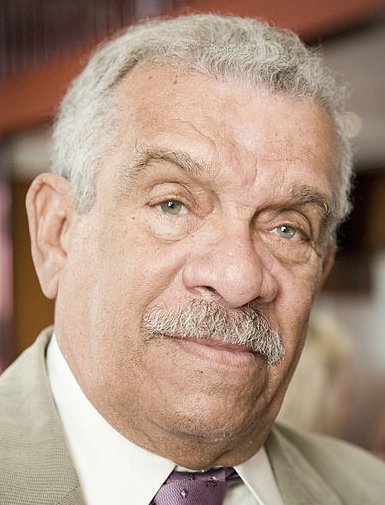
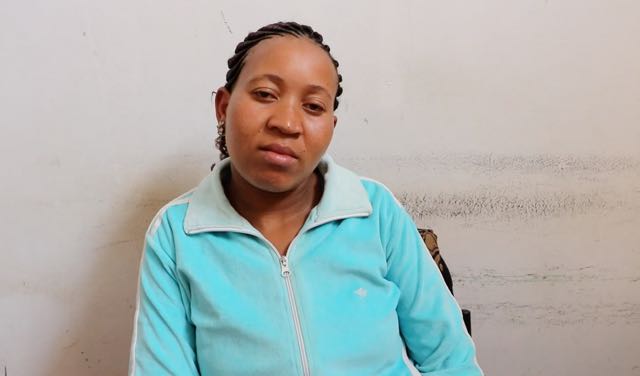
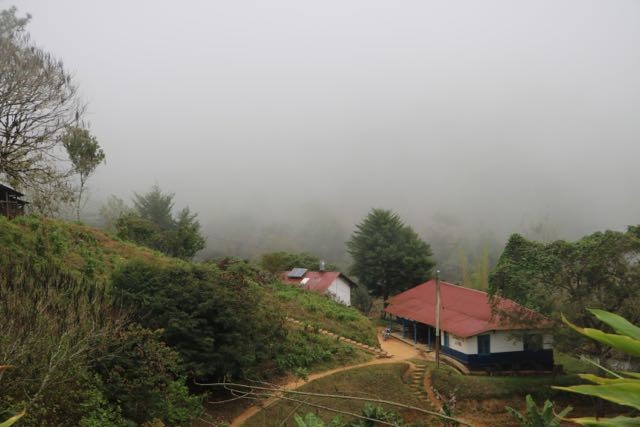

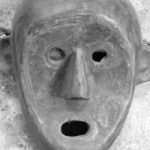




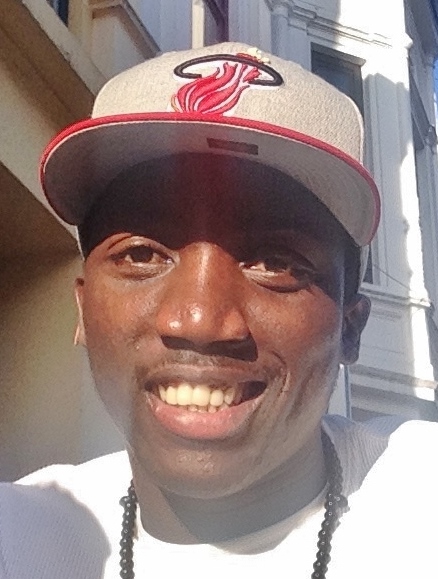
 A friend from Gambia told me this: „Old people in Gambia still believe in ‚herbs and rooots‘ – like they believe in ghosts – Islam notwithstanding … I often spend time with my grandma in the countryside. When I had a cold, I had to drink a brew made of leafs and blossoms which she had prepared. Ugh, it was a horrible taste – I often spat it“
A friend from Gambia told me this: „Old people in Gambia still believe in ‚herbs and rooots‘ – like they believe in ghosts – Islam notwithstanding … I often spend time with my grandma in the countryside. When I had a cold, I had to drink a brew made of leafs and blossoms which she had prepared. Ugh, it was a horrible taste – I often spat it“
